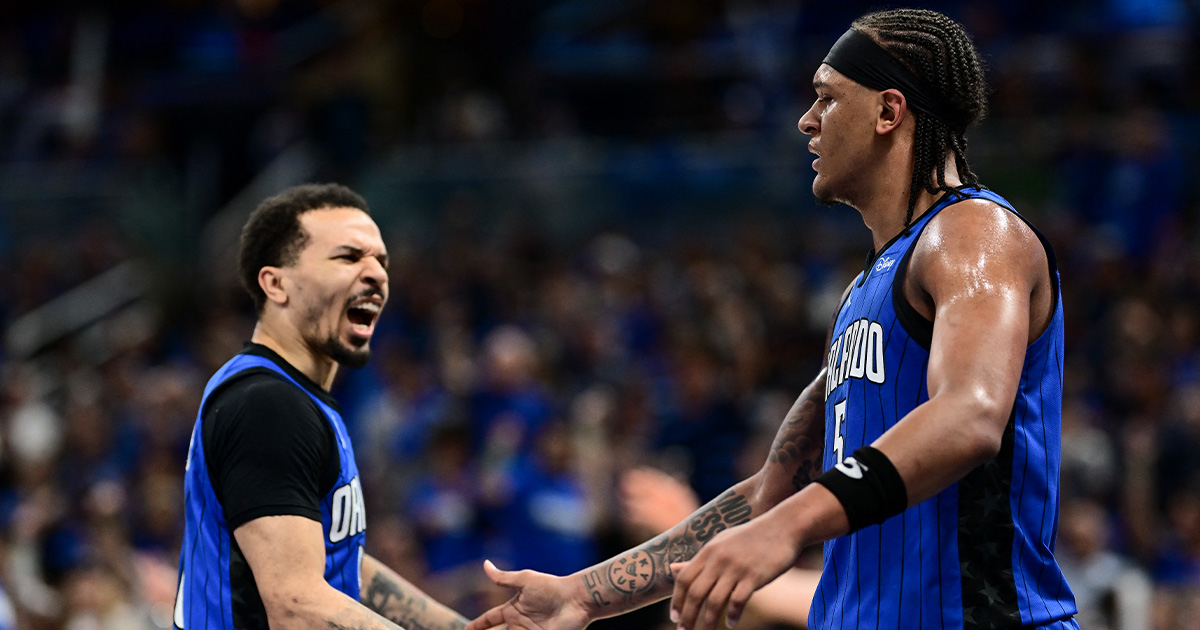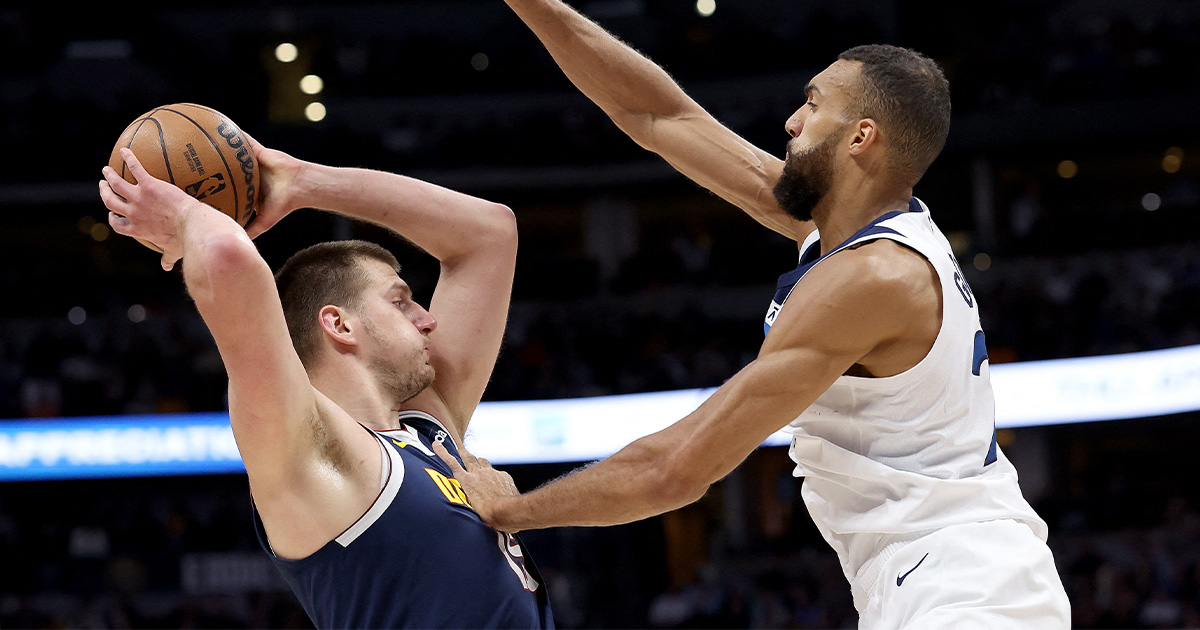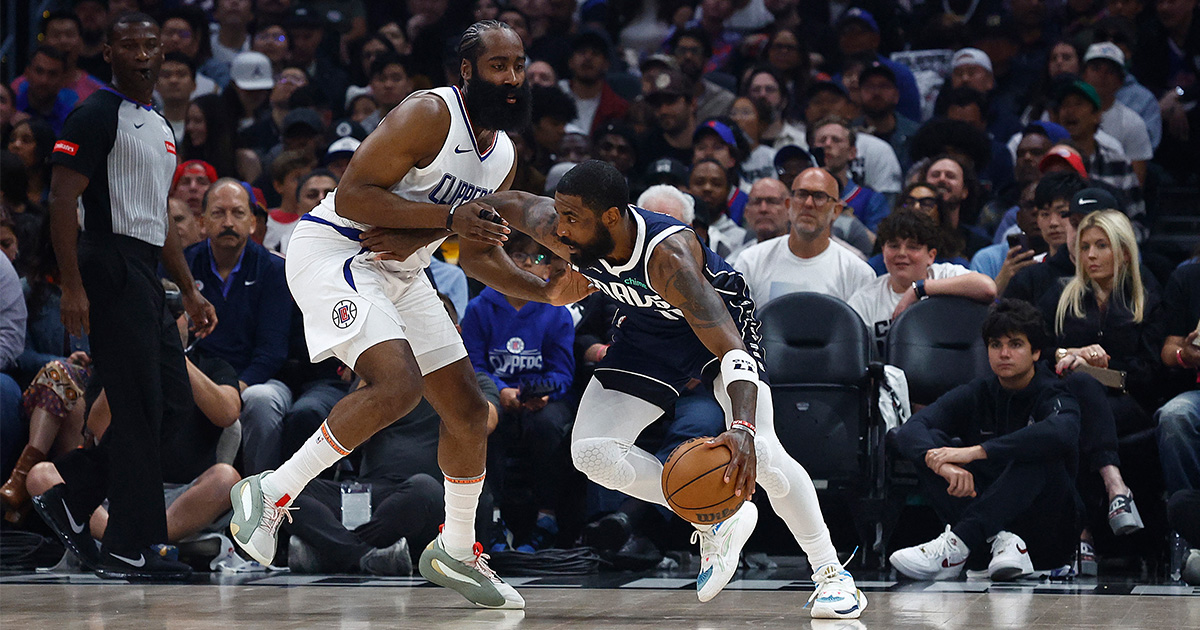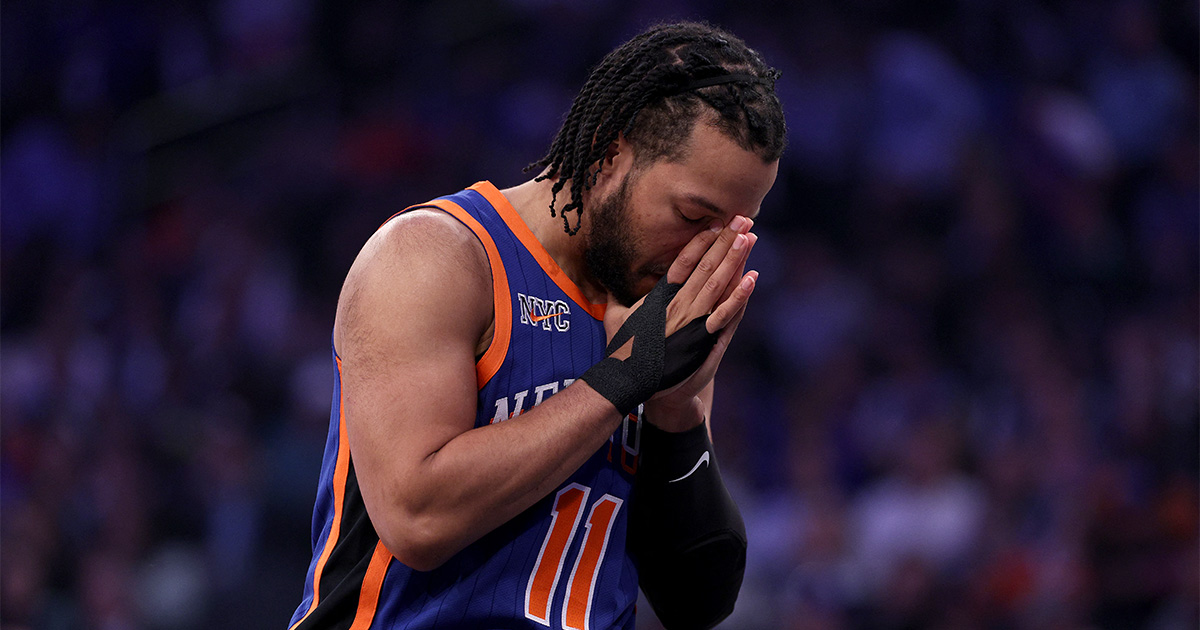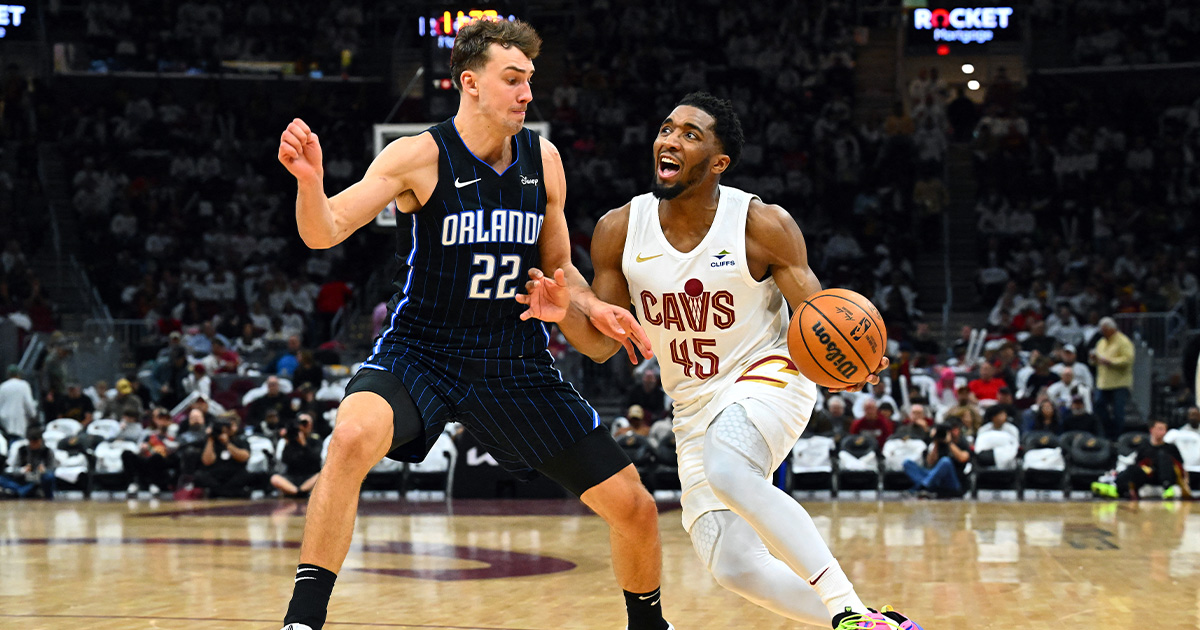As the details for the upcoming 2020 Mid-Season Cup were released, one tournament format detail stood out from the rest: “The first game of each series is played in blind pick.”
For an official Riot-hosted tournament, blind pick is the last thing one would ever expect in a tournament format. After years of being abandoned to follow standard tournament rules, blind picks have come back in a modified manner.
Introduction
Blind picks in a tournament occurred in the big leagues like the LCK and LPL around 2013 and 2014. In order for a series to proceed to a blind pick, any playoff series that goes into a fifth and final game, teams would pick their champions via Blind Pick.
That essentially means no bans are done, and champion mirrors are a potential thing.
This rule was established as a comeback mechanic for teams that were heavily counted by bans and put in a disadvantage by side selection (1st pick always starts at blue.)
Now, in the upcoming Mid-Season Cup, it is now guaranteed to play Blind Pick in the first games of the series. Only then will the following games be played in the same draft pick fashion as standard tournaments.
Pros
This twist of a tournament format felt sketchy at first. However, there’s some good intentions for why this type of match exists then and soon.
- More explosive gameplay
Because teams cannot entirely prepare for whatever team composition will be drafted by each other, there’s a tendency to have more explosive gameplay driven by comfortable picks than optimal picks.
Add the fact that teams can select the same champion (e.g. Lee Sin on both teams), there’s even more upsets possible, as well as a potential mirror match on some iconic players (looking at Faker versus Yagao LeBlanc here!)
- Less strategy tension
When teams play with draft mode, it is always expected to predict, ban, and counterpick the champions the enemy team plan to use, just as how the enemy team will do the same.
With the implementation of a Game 1 blind pick, teams can ease in to the best-of-five series with a better mind and a pseudo-warm up session.
- Spectator value
Keep in mind that the 2020 Mid-Season Cup was a replacement of the cancelled Mid-Season Invitational, as a part to raise funds to combat the ongoing global pandemic. However, the eSports people know that there are some looking to have their eSports fix.
By starting off the most crucial series in the tournament with something as lighthearted and fun as a blind pick game, spectators get to watch something fun and different for a change, given that it’s an offseason tournament.
Cons
While the premise of a blind pick game is fun for spectators and players, as well as inducing explosive gameplay for its stakeholders, there definitely are reasons why this idea was pulled in the middle of the decade.
- Lack of strategy
One of its pros in the tournament scene is also one of its downfalls. When you’re watching 10 professional players who are top caliber in their lanes, wouldn’t it be fun to watch an Ornn mirror matchup for the entirety of laning phase?
Yes, watching paint dry may be more entertaining than seeing that kind of matchup.
Thus, draft pick solves this issue by only allowing one of each champion in the team, forcing the laner who did not get the pick to think of a counterpick.
- Eliminates random variables in professional play
Blind pick prevents your team from seeing the enemy team’s picks. The lack of information brought by that fact introduces an element of luck—albeit average—to the outcome of the game.
The inability to counterpick and strategize around a dominating team’s draft simply because the information is not provided can skew win rates to a team that can consistently cheese the series they’re involved in.
- League of Legends is a game of skill
The ultimate counterargument to the existence of blind picks is the definition of the game itself: it is a game of skill.
A game where macro and micro mechanics of each individual, pooled into team efforts, are the most crucial techs for teams to
Why did the organizers implement this?
Our speculation is that the tournament organizers wish to test the waters of Internet latency or the Internet connection of the teams that will battle in the semifinals and finals series.
The Mid-Season Cup is setup with the premise of online play and not local play, in respect to the travel restrictions as well as physical distancing measures. However, playing in an Internet connection has no guarantee of stability, and disconnections may happen.
Because the best-of-five games are such crucial games, this may be a way for tournament organizers to test the waters and assure no interruptions in either team. At least if they experienced technical difficulties in Game 1, they can resolve it and occur less in the draft games.
Concluding Thoughts
We are looking forward to cover the upcoming tournament. These teams are extremely stacked, and with the premise of blind pick games, there are some interesting mirror matchups that could surface.
Do you think this is a good move from the tournament organizers? Let us know!











